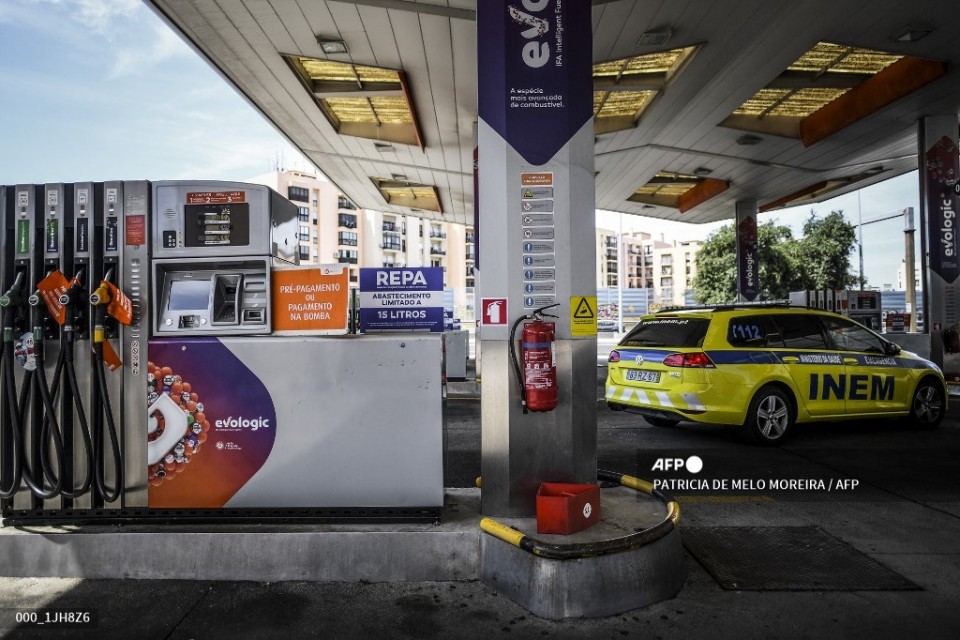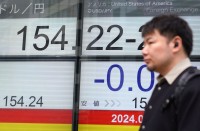
The EU wants to vastly reduce Russian gas imports this year, a top official said Tuesday, as political pressure mounts to sever Russia’s main economic lifeline over its invasion of Ukraine.
The European Commission, the EU’s executive arm, announced the goal as the United States was expected to impose an oil import ban on Russia in a step considered too far for the Europeans, who fear that the economic consequences would be too severe.
Instead, the commission said it could erase a huge share of its dependency on Russia by tapping new gas supplies, ramping up reserves for next winter and accelerating efforts to be more energy efficient.
“By the end of this year, we can replace 100 billion cubic metres of gas imports from Russia. That is two-thirds of what we import from them,” EU Commission vice president Frans Timmermans told reporters in Strasbourg, France.
“This will end our over-dependency and give us much needed room to maneuvre,” added Timmermans, who leads EU policy-making on energy and climate change.
In its plan, the EU said the bloc could become fully independent of Russian gas, oil and coal by 2030.
Timmermans urged caution. Russia supplies 40 percent of the EU’s gas needs, with Italy, Germany and several central European countries especially dependent. A quarter of its oil supply also comes from Russia.
This reliance has led EU nations to push back against calls by Kyiv and Washington to severely sanction Russia’s energy sector as Western allies seek more ways to hit Russia harder for its actions in Ukraine.
“The reality is that there’s quite a number of our member states who would get into real trouble if overnight, all the energy would no longer be provided from Russia,” Timmermans told MEPs earlier.
“So we need to make sure … we don’t do more harm to ourselves than we do to Putin,” he added.
The proposal, which is not binding, calls for 90 percent of gas storage capacity to be filled by September 30, up from about 30 percent now.
The recommendations from Brussels came just ahead of a meeting of EU leaders who will discuss ways to cut Europe’s energy ties to Russia for the long term.
The 27 leaders will agree “to phase out our dependency on Russian gas, oil and coal imports”, according to a draft of a declaration intended to end the meeting and seen by AFP.
jug-arp/del/lth
© Agence France-Presse







